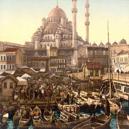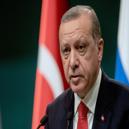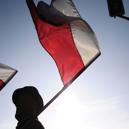В связи с трансформацией внутри- и внешне- политического курса Турецкой Республики после выборов 2018 г. происходит пересмотр внешней политики. Внутренний тренд на сращивание национализма и религиозности, переход от «кемализма» к «эрдоганоцентризму» привел к позиционированию Турцией себя как государства, имеющего амбиции к распространению влияния на соседние регионы и включения в ключевые геополитические процессы. Это касается и взаимодействия с Россией – в 2018-2019 гг. российско-турецкие отношения вышли на качественно новый этап, характеризующийся усилением сотрудничества в гуманитарной сфере.
Turkey today
Key trends in political course
In connection with the transformation of the domestic and foreign policy of the Republic of Turkey after the elections of 2018, there is a revision of trends in the development of bilateral and multilateral relations of the Republic with other actors of world politics. The internal trend towards the merging of nationalism and religiosity, as well as the transition from "Kemalism" to "Erdoğan-centrism" has significantly changed the positioning of Turkey as a state in the Middle East as well as having ambitions to spread influence to neighboring regions and inclusion in key geopolitical processes. In particular, this applies to cooperation with Russia – in the period 2018-2019, Russian-Turkish relations reached a qualitatively new stage, characterized by increased cooperation in the humanitarian sphere.
 Ранний опыт государственного строительства большевиков и Конституция РСФСР 1918 года
Ранний опыт государственного строительства большевиков и Конституция РСФСР 1918 года
 7
7
 22828
|
Официальные извинения
22828
|
Официальные извинения
 962
962
 96256
|
Становление корпоративизма в современной России. Угрозы и возможности
96256
|
Становление корпоративизма в современной России. Угрозы и возможности
 231
231
 77648
77648



